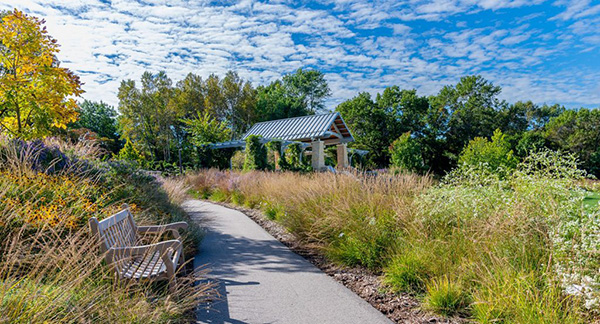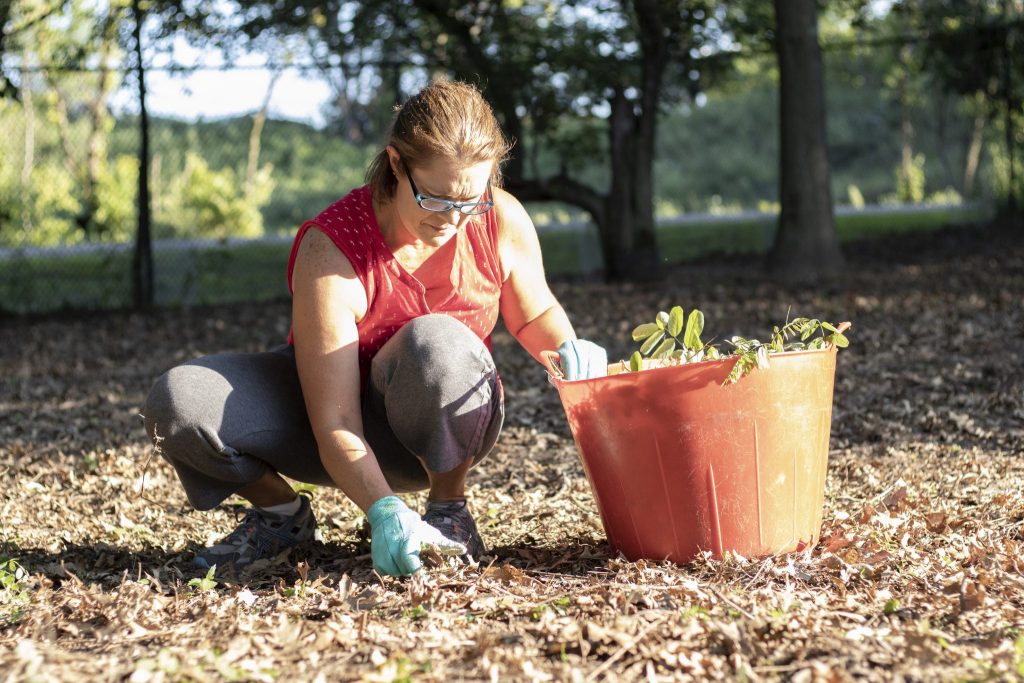Sustainability is a hot topic right now in the gardening world. With Earth Day coming up next week, it’s more important than ever to be educated about what we can do at home, in our communities and in other areas to lessen our collective impact on local, natural ecosystems through our gardening and landscaping practices.
Here are just a few sustainable actions you can try this year:
Plant Selection
Select plants for your garden that are native to your area; these plants are usually tolerant of your area’s conditions (dry, wet, sun, shade, etc.) and often require less maintenance than non-native plants might. Try to avoid planting invasive plant species in your yard and garden. Planting a variety of different flowers, shrubs, trees and more helps to preserve genetic diversity and can help to protect your garden from some damage due to insects and diseases.

Water
Adding mulch to your garden beds (or letting natural waste from your plants like leaves and stems from fall cutback sit in your beds) will help the soil retain moisture and require less frequent watering.
Consider creating a rain garden to help capture and manage runoff from your home and yard. If you are using something like a sprinkler to water your garden, try to make sure as much water as possible is going to your plants and not being wasted on walkways, streets or storm gutters. Be careful to only water your plants when they need it; overwatering is not only wasteful water use, but can also make your plants and lawn more susceptible to disease.
Pest & Weed Control

Consider pulling weeds by hand instead of using chemical herbicides which can be harmful to the environment. This is what we do at the Garden! Instead of using pesticides that contain harmful chemicals and wipe out both bothersome and beneficial insects, try making your garden more attractive to beneficial insects overall.
Yard Waste
Don’t send yard waste to the landfill. Yard waste, like grass clipping and leaves, takes up unnecessary space in landfills and contributes to the amount of methane produced by landfills as it decomposes.
If you compost at home (or if you’d like to start) you can collect your yard waste and add it to your compost pile. Eventually, you’ll be able to put that compost back into your garden or mix it in with the soil in your flower boxes and plant containers. If you don’t compost you can check to see if your area has a program for collecting yard waste.
These are just a few of the small ways you can easily incorporate sustainable practices into your gardening or landscaping.
Want more tips on how to become a better protector of your local ecosystem? Join us and nationally renowned garden expert, Melinda Meyers, for a free virtual talk all about environmentally-friendly gardening practices from 6-7 pm on Wednesday, April 21… just in time to kick off Earth Day!
And don’t forget about this year’s summer exhibit, Washed Ashore: Art to Save the Sea, which starts on Saturday, May 8. You’ll discover the connections between plastic waste, the wellbeing of marine life (and us!) and learn everyday actions that we can all take to make a difference for the Great Lakes and beyond.
Sources





